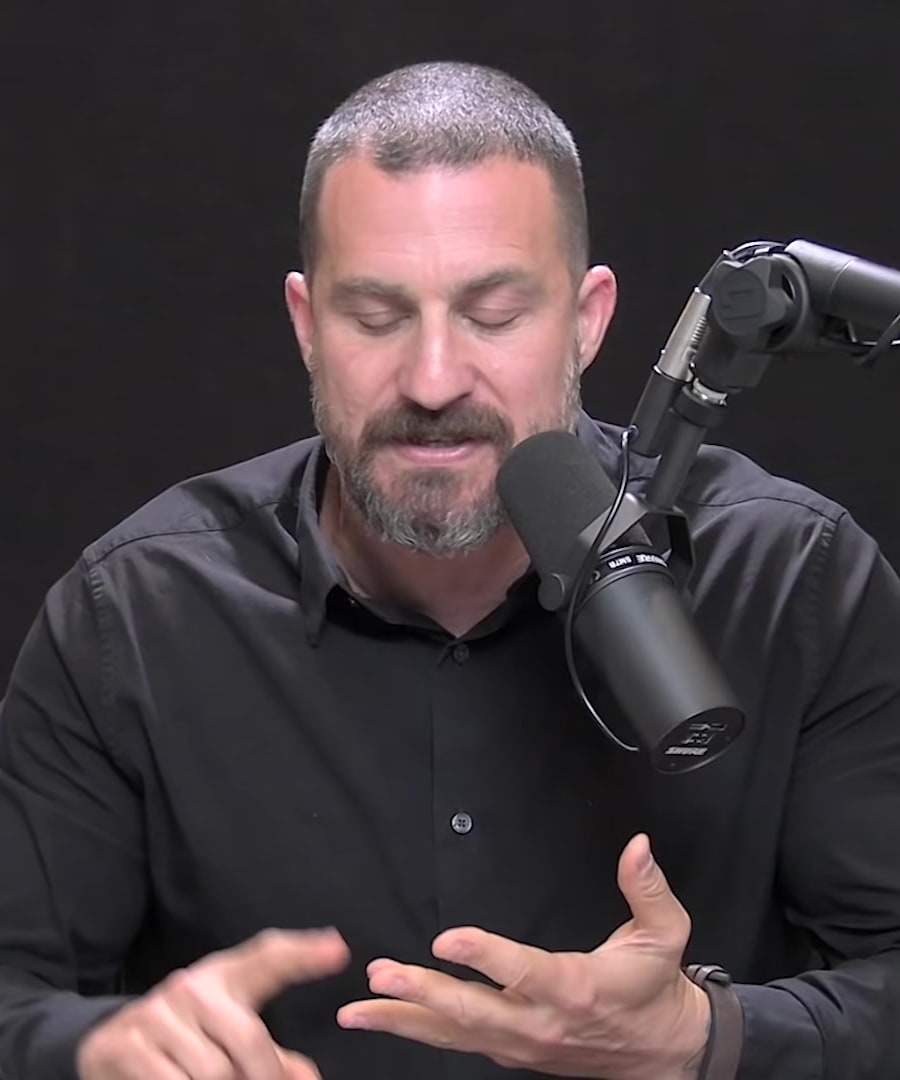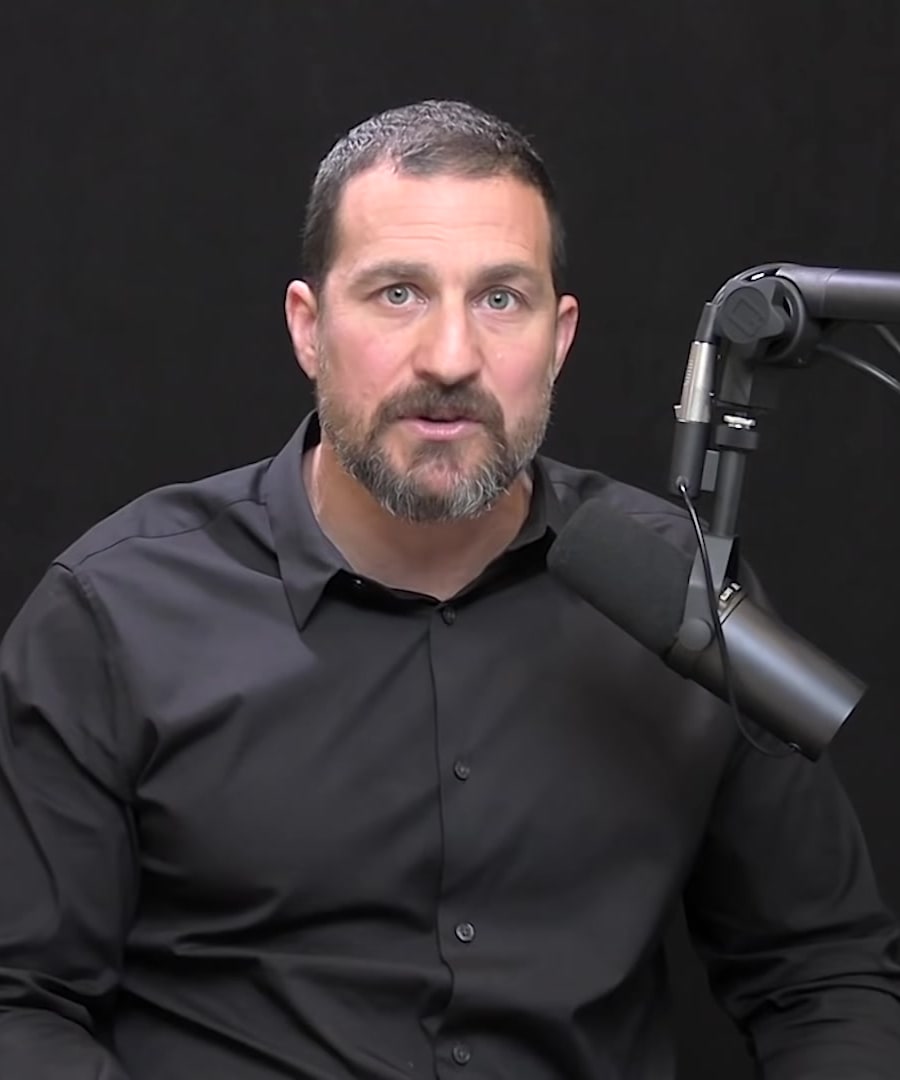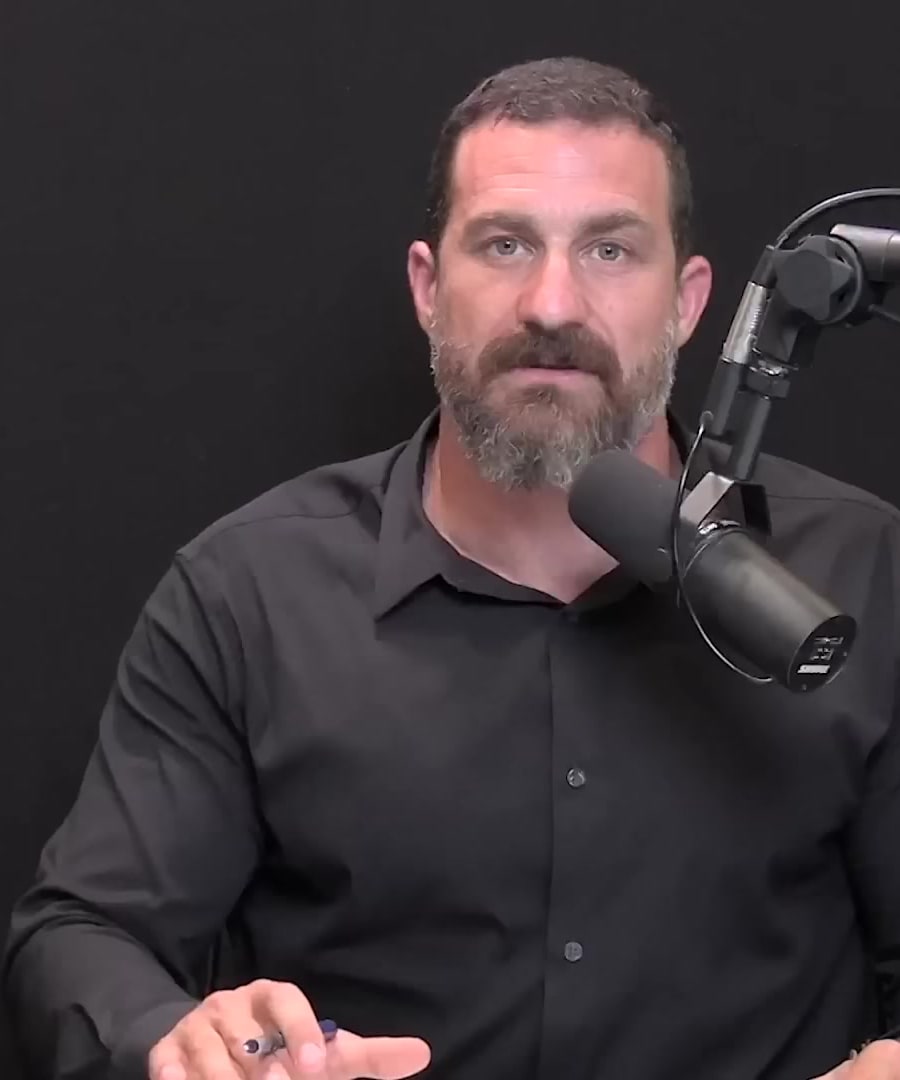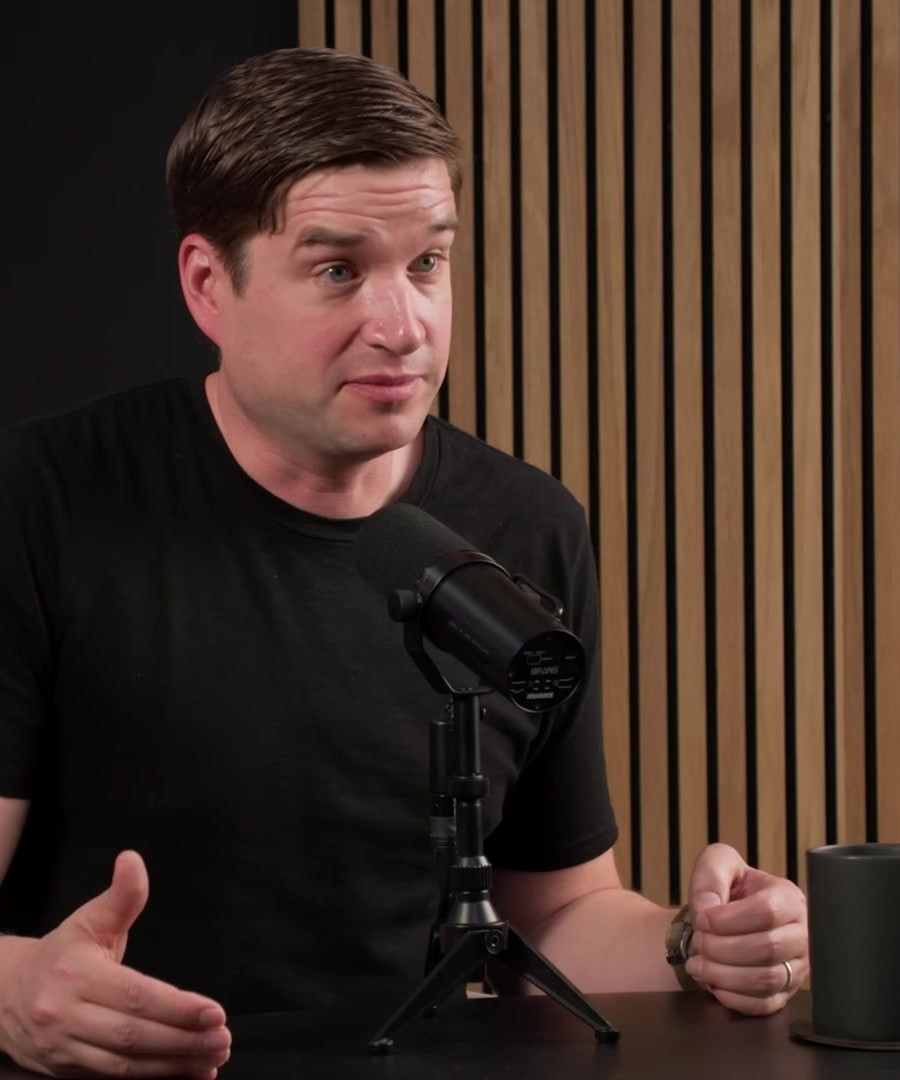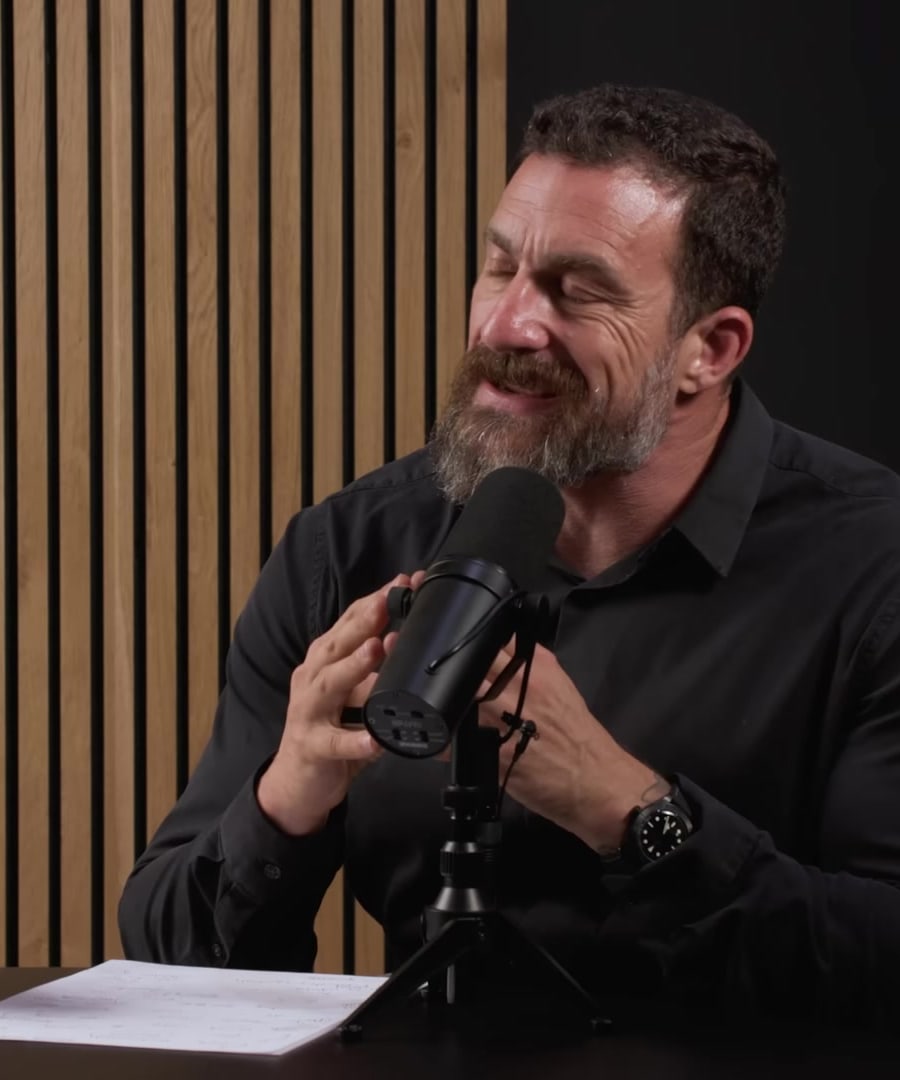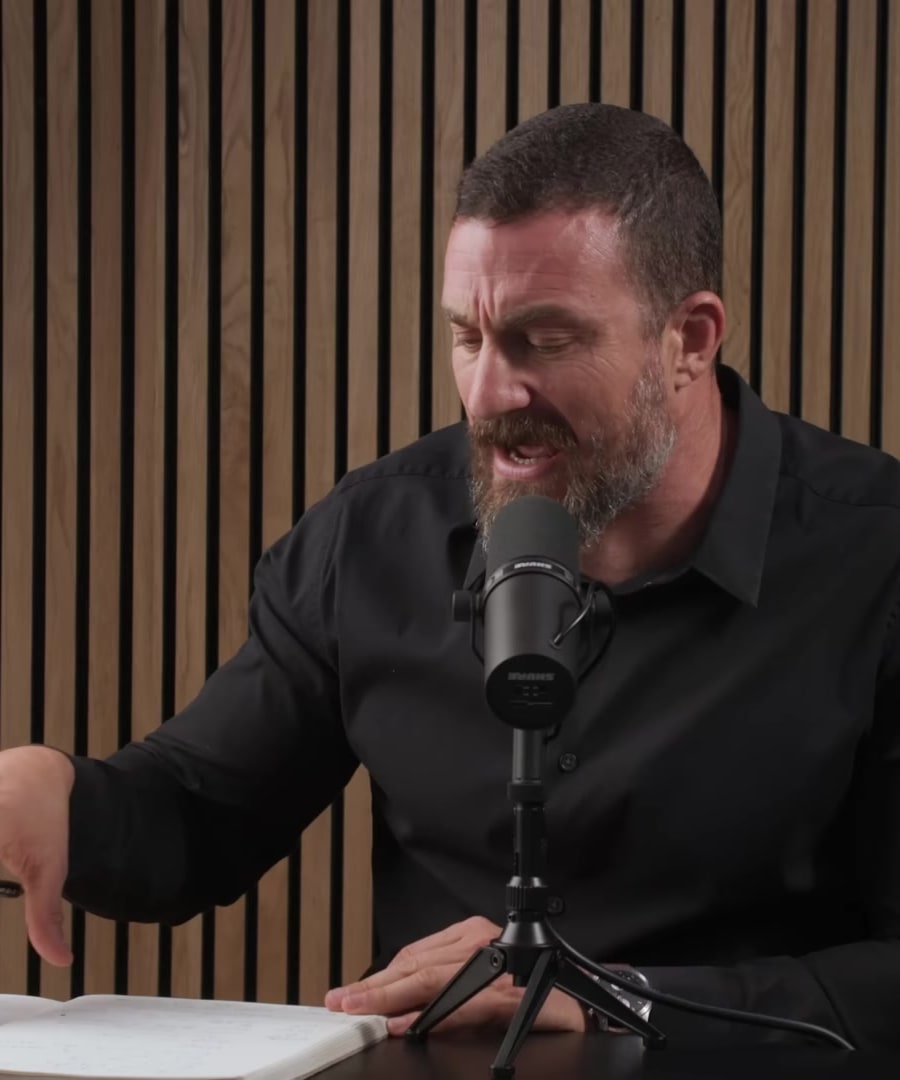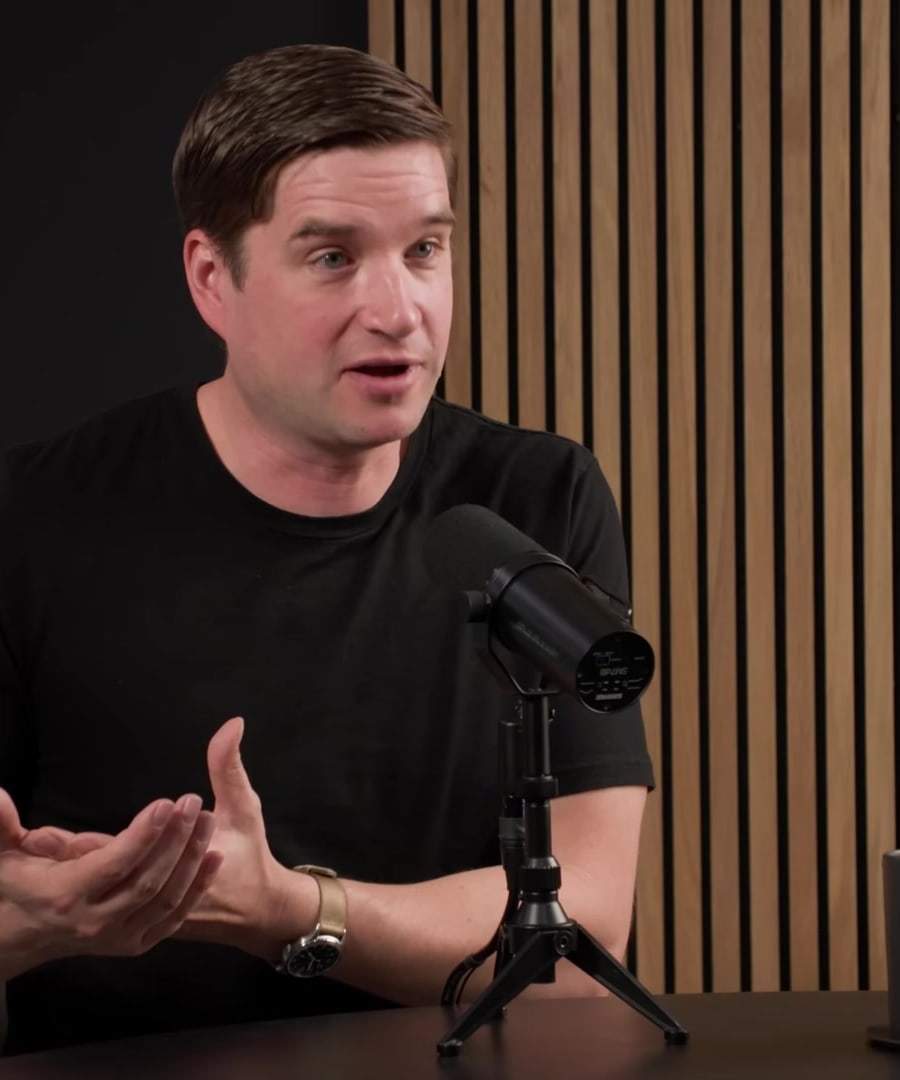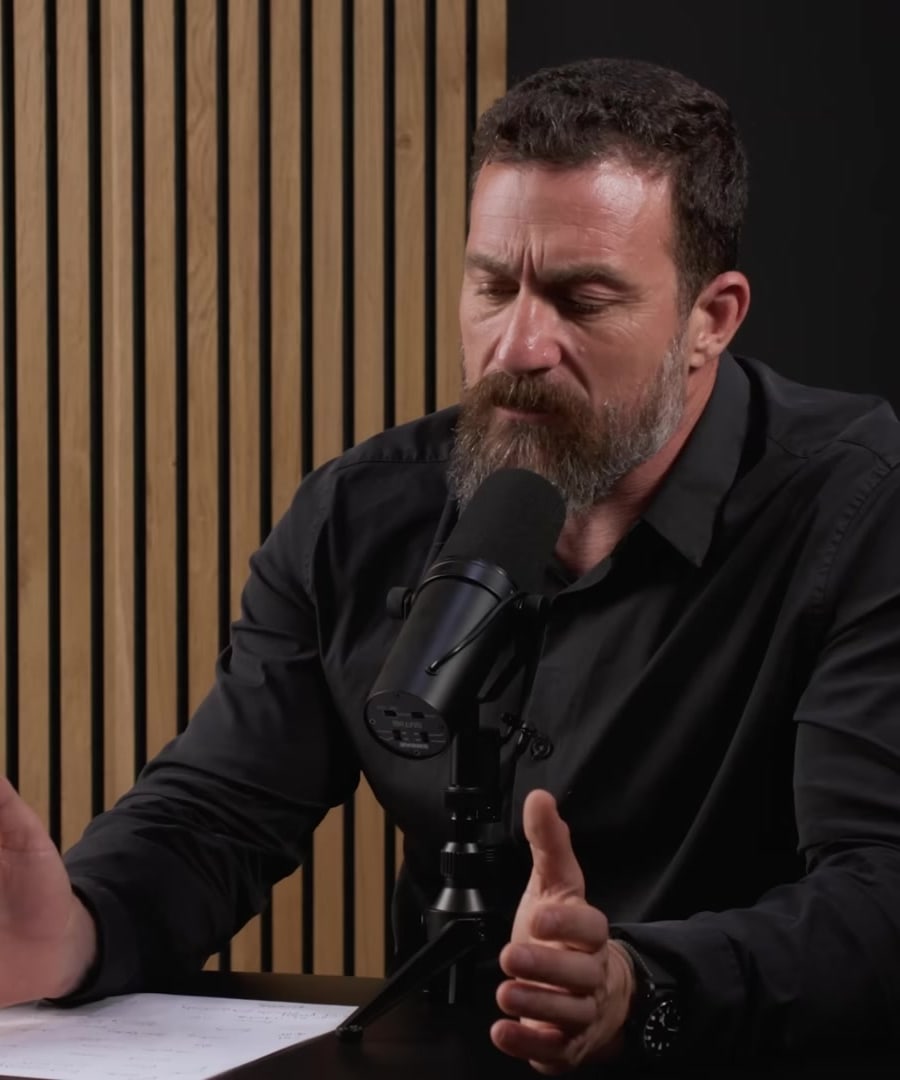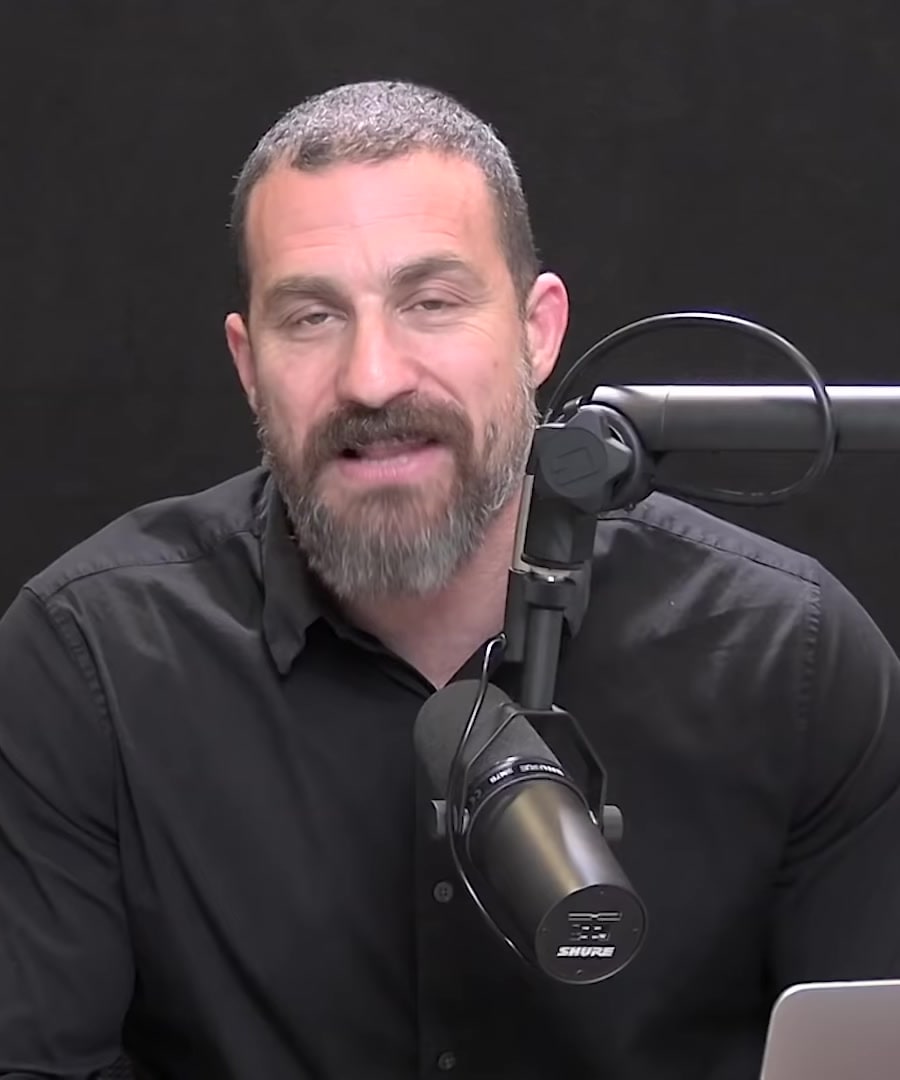What is non-sleep deep rest? (NSDR)
Sources:
Non-Sleep Deep Rest (NSDR) is a term coined by to describe a variety of practices that aim to promote deep mental and physical relaxation without actually sleeping. These practices include meditation, yoga nidra, and hypnosis, all of which share the goal of shifting the mind and body towards a state of deep rest. Unlike traditional sleep, these methods keep the body still and the mind alert, which can accelerate learning, promote neuroplasticity, and increase dopamine levels in specific brain areas like the striatum 1 2.
NSDR has numerous benefits, including improving sleep quality, reducing anxiety, restoring cognitive and motor function, and even helping to replenish lost sleep. It's a cost-free, non-pharmacological approach that can be done at any time of the day to enhance overall well-being and productivity 2 3.
For those interested, there are various NSDR protocols available online, many of which are guided by . These resources can be found by searching for "Huberman NSDR" on YouTube 4 5.
RELATED QUESTIONShow to increase productivity
Sources:
To increase productivity, and his guests provide several actionable strategies:
-
Deep Work: Focus on deep, uninterrupted work sessions. Cal Newport suggests thinking in terms of long-term goals rather than daily tasks. This long-term mindset helps you focus on consistency and skill improvement over time 1.
-
Minimize Distractions: One effective way to enhance focus is by eliminating distractions. recommends turning off your phone or putting it in airplane mode. Removing the phone from your workspace can significantly increase your focus and productivity 2.
-
Workspace Optimization: Adjust your workspace to foster productivity. For detailed work, low-ceiling environments can help, while high-ceiling or open spaces are better for creative tasks. Alternating between sitting and standing can also improve posture and alertness 3 4.
-
Cultural Shifts: Encourage a work culture that prioritizes health and well-being, including proper food intake and exercise. This cognitive revolution will lead to better productivity as the brain functions optimally when well-cared for 5.
-
Exercise Snacks: Incorporate brief, high-intensity exercise sessions throughout the day. These "exercise snacks" can enhance energy and productivity. For example, a 20-second stair climb a few times a day can bring noticeable benefits 6.
Implementing these strategies can help you maintain high levels of productivity and improve overall work performance.
RELATED QUESTIONS-
Can you explain deep work?
Sources:
Deep work is a concept developed by Cal Newport and discussed on the , which emphasizes the importance of focused, uninterrupted work sessions. It contrasts with multitasking and shallow work, aiming to produce high-quality results by minimizing distractions and maximizing mental focus.
Key Points of Deep Work:
-
State of Concentration: Deep work involves training the mind to maintain a high level of focus on a single task for an extended period. It's about working on tasks that require significant cognitive effort and pushing beyond comfort zones to achieve meaningful progress 1.
-
Two Modes of Creativity: There are two opposite states of mind that facilitate deep work. One involves the body being in motion, such as walking, which can inspire creative thinking without a specific outcome in mind. The other involves the body being still with the mind focused intensely on a specific task, which resembles a high state of mental engagement 2.
-
Embrace Boredom: To aid deep work, it's beneficial to have sessions where you resist the urge for constant distraction. Allowing periods of boredom can break the habit of seeking instant gratification and help improve focus when engaging in deep work 3.
-
Daily Implementation: recommends starting with one 90-minute session of deep work per day and then gradually increasing it. This aligns with the understanding that deep, focused work is a cognitive exercise that requires building up stamina and capacity over time 4.
-
Productivity Paradox: Interestingly, the ability to concentrate deeply means that fewer deep work sessions might be needed daily for effective productivity. This is akin to physical training where more intense exercises require longer recovery times, highlighting the cognitive load deep work necessitates 4.
Practical Steps:
- Eliminate Distractions: Turn off devices and notifications to maintain concentration.
- Structured Time: Dedicate specific periods daily for deep work, ideally starting with shorter durations and increasing as your focus capacity builds.
- Mind Training: Practice bringing your attention back to tasks when it wanders to enhance working memory and mental efficiency during deep work sessions 1.
By following these principles, deep work can significantly enhance your productivity and help produce high-quality work.
RELATED QUESTIONS-
I am currently sitting down to work and am struggling to focus. What are some immediately implementable steps that I can take for maximising my focus and productivity for the work session today?
Sources:
Here are some immediately implementable steps to maximize your focus and productivity for your work session today, based on advice from :
-
Eliminate Distractions: Turn off notifications on your phone and computer, and if possible, place them out of reach 1.
-
Optimize Your Workspace:
- Lighting: Ensure bright overhead lighting to boost alertness.
- Position: Keep your work materials at nose level or slightly above, to maintain a restricted visual field 2.
- Environment: If detailed work is required, use a low ceiling environment or a focused visual field. For creative work, try a high ceiling or open space 2.
-
Use Binaural Beats: Listen to 40 Hz binaural beats while working to improve focus and alertness. Avoid using white noise or other types of noise for extended periods 2.
-
Eye Relaxation: Follow the "45-5 rule," where for every 45 minutes of work, take a 5-minute break to relax your eyes. Ideally, take a walk outside and look at something in the distance to alleviate eye strain 3.
-
Stand and Move: Try to stand for at least half of your workday and incorporate brief movement breaks, such as a short walk, to maintain alertness and avoid fatigue 4.
-
Supplements: Consider taking Alpha-GPC (300-600 mg) about 20 minutes before your work session to boost acetylcholine levels and enhance focus. Combine this with caffeine for added benefit, but be cautious about potential risks and consider taking garlic capsules to mitigate these 5.
-
Deliberate Defocus: After intense focus sessions, engage in deliberate defocus by doing simple, low-concentration tasks or simply resting your mind to reset your cognitive resources 6.
By applying these steps, you can enhance your focus and productivity effectively during your current work session.
RELATED QUESTIONS-
I have the problem that after I did intense exercise and am sore the next day, I also struggle to concentrate because of the physical discomfort and bodily exhaustion, because it feels like I can access my energy resources less easily. Does Andrew Huberman say anything about soreness and focus?
Sources:
addresses the relationship between exercise-induced soreness and focus. He highlights how intense exercise can lead to temporary reductions in brain oxygenation, impairing cognitive abilities 1. Here are some actionable tips to mitigate the impact of soreness and improve focus:
-
Opt for Low-Intensity Movement: Light exercises, such as walking or gentle stretching, can alleviate soreness by enhancing blood flow and reducing inflammation, without causing additional fatigue. Low-level movement or light cardio can be particularly effective the day after intense workouts 2.
-
Hydration and Electrolytes: Ensure you are well-hydrated and maintain your electrolyte balance. Simple mixtures like water with a pinch of sea salt and a potassium tablet can improve mental clarity and physical performance 3.
-
Cold Exposure: Deliberate cold exposure protocols (such as cold showers or cold plunges) can help reduce inflammation and muscle soreness. These protocols can support better recovery and enhance overall mental resilience and focus 4.
-
Schedule Cognitive Work Smartly: Plan intense cognitive tasks on non-training days or at times when you usually engage in physical training. This alignment can leverage your body's biological clocks and improve focus by associating these times with high-effort activities 5.
Implementing these steps can help you manage soreness and maintain your cognitive functions effectively.
RELATED QUESTIONS-
What episodes schould I listen to when currently find myself in a relationship crisis? What episodes of the huberma lab podcast could prove to be most helpful there?
Here are some episodes of the podcast that could be particularly helpful for navigating a relationship crisis:
-
: This episode features Dr. Paul Conti discussing how to cultivate and sustain healthy relationships. It addresses common myths about relationships and provides strategies to improve your relational dynamics.
-
: This episode delves into the science behind emotions and relationships, offering insights on emotional regulation, social bonds, and strategies to handle relationship-related stress.
-
: This episode explores the biology of social bonding, the effects of social isolation, and the mechanisms behind forming strong connections with others.
-
: Learn about the biological mechanisms of love, desire, and attachment, including how different attachment styles affect relationships and ways to foster secure attachments.
-
: While not solely focused on relationships, this episode highlights various science-based tools to boost happiness, which can indirectly improve your emotional state and relational interactions.
Listening to these episodes can provide you with valuable insights and tools to address and manage your relationship crisis effectively.
RELATED QUESTIONS-
What is the app that Hubermann recommends for listening to bineural beats\_
Sources:
recommends using the "BrainWave" app for listening to 40 Hz binaural beats. He specifically mentions that this app is available on both the Apple App Store and for Android phones. The app provides binaural beats that can help increase focus and concentration, supported by multiple peer-reviewed studies 1 2.
RELATED QUESTIONS
What is non-sleep deep rest? (NSDR)
- RELATED QUESTIONS
how to increase productivity
- RELATED QUESTIONS
Can you explain deep work?
- RELATED QUESTIONS
I am currently sitting down to work and am struggling to focus. What are some immediately implementable steps that I can take for maximising my focus and productivity for the work session today?
- RELATED QUESTIONS
I have the problem that after I did intense exercise and am sore the next day, I also struggle to concentrate because of the physical discomfort and bodily exhaustion, because it feels like I can access my energy resources less easily. Does Andrew Huberman say anything about soreness and focus?
- RELATED QUESTIONS
What episodes schould I listen to when currently find myself in a relationship crisis? What episodes of the huberma lab podcast could prove to be most helpful there?
- RELATED QUESTIONS
What is the app that Hubermann recommends for listening to bineural beats\_
- RELATED QUESTIONS
